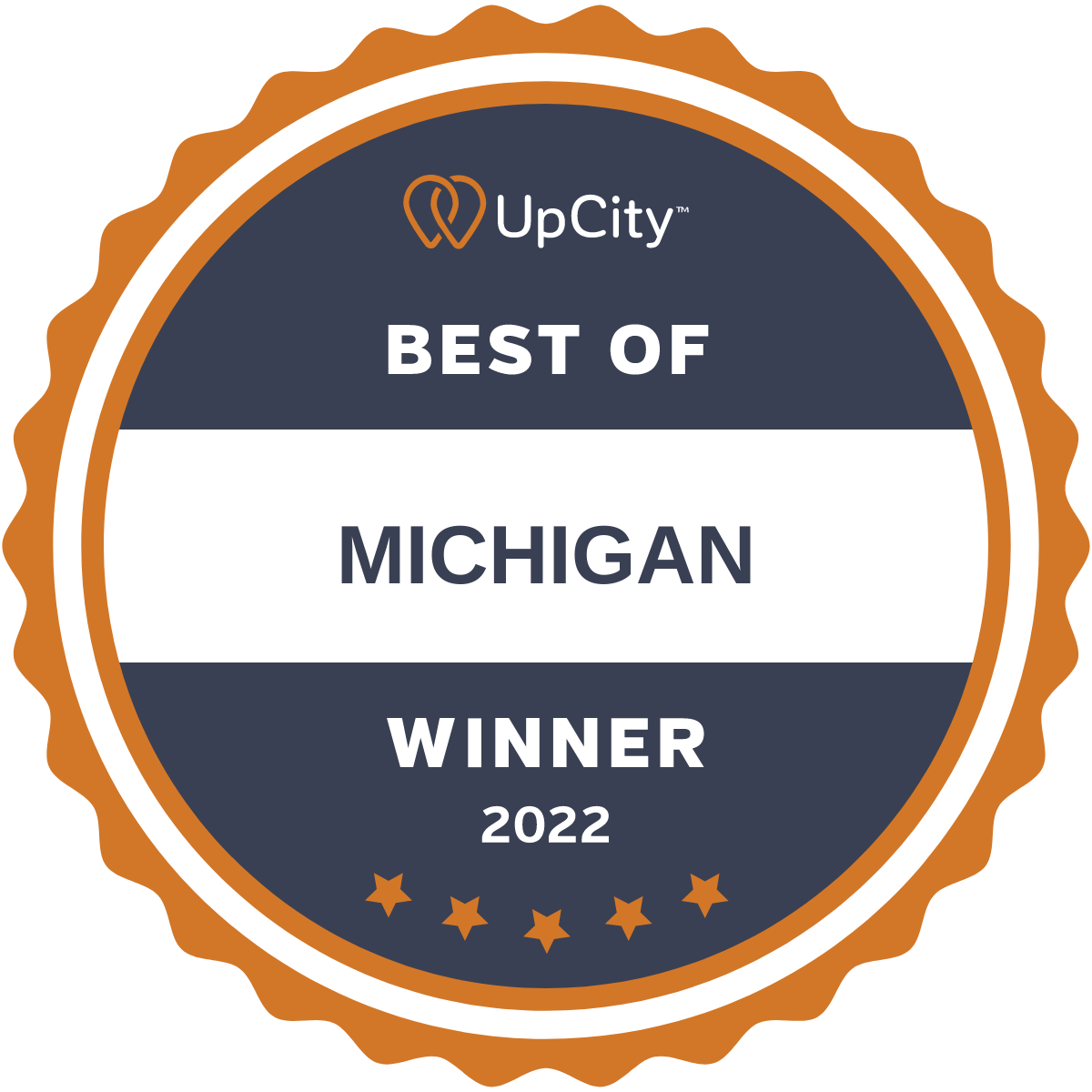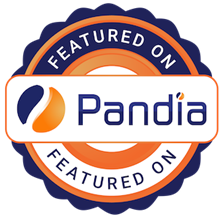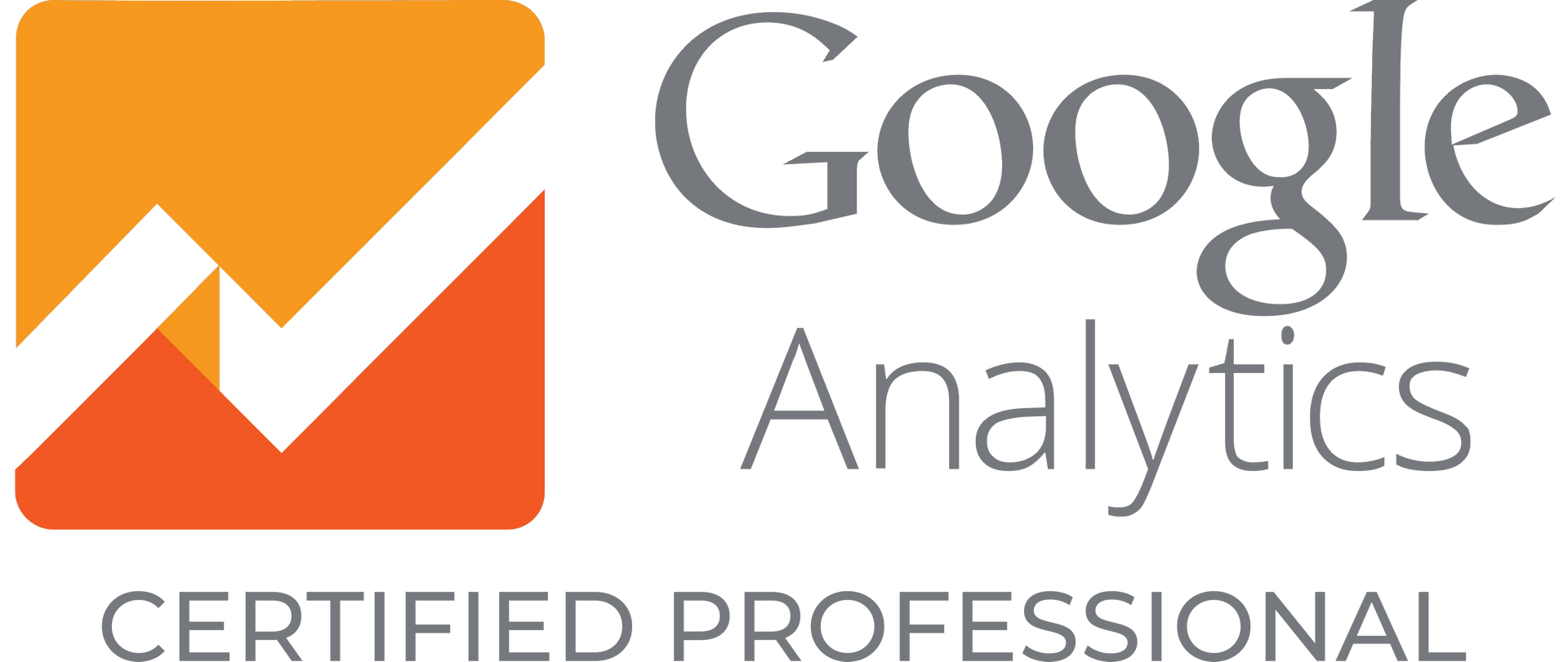All About SEO: What is On-site SEO
Ever wondered why some websites appear at the top of search results while others get buried deep in the pages? The secret lies in Search Engine Optimization (SEO)—the science and art of optimizing websites to rank higher in search engine results and attract more visitors.
While SEO encompasses many elements, this guide focuses on onsite SEO, which involves optimizing your website to enhance visibility. Let's explore onsite SEO, why it matters, and how to improve your website's visibility by optimizing its content and structure.
📲 Do you need an expert SEO company to perform onsite SEO on your website? Schedule a Call with Speck Designs. 📞

Why Hire SEO Services For Onsite SEO?
Imagine a search engine like a librarian who sorts and organizes books for people looking for specific information. Onsite SEO is akin to organizing your website so that the "librarian" (search engine) can easily understand and recommend your content. It refers to optimizing elements directly within your website to make it more search-engine-friendly. These elements include the content, HTML source code, and various behind-the-scenes technical factors.
Onsite SEO, also known as on-page SEO, focuses on making your site clear and intuitive so search engines like Google can understand its value and relevance for specific queries. Optimizing a website's structure, content, metadata, and performance enhances its chances of ranking higher in search results and attracts more targeted visitors.
Why Are Website SEO Services Important?
There are two key reasons why you should hire website SEO services to perform onsite SEO on your website.
- Onsite SEO Helps Search Engines Understand Your Content
Search engines use sophisticated algorithms to analyze websites and rank them based on relevance and quality.
Onsite SEO provides search engines with vital clues about what your website is about, how well it satisfies user needs, and how it compares to competitors.
An SEO marketing agency can help your website with proper keyword usage, clear headings, structured data, and optimized metadata. These critical elements help search engines "read" and rank your site effectively. - Onsite SEO Helps Your Customers Find What They Need Faster
While affordable SEO services are often seen as a way to satisfy search engines, it's equally about providing a positive experience for your visitors. Well-optimized websites offer faster load times, user-friendly navigation, and engaging content. When users have a smooth and satisfying experience, they are more likely to stay on your site longer, explore additional content, and return in the future. All of these actions can indirectly benefit your SEO by improving user engagement metrics that search engines take into account.
What is User Intent?
In the early days of SEO services, success was often achieved by "keyword stuffing," or overloading pages with keywords that matched common search queries. However, search engines have evolved, and today, they focus on the user intent behind a search. Instead of merely matching keywords, search engines aim to understand the context and goal of the searcher. Are they looking for detailed information, trying to make a purchase, or simply searching for quick answers?
Onsite SEO now emphasizes matching your content with the searcher's intent. Your goal should be to answer the user's question or solve their problem with accurate and comprehensive content. For example, if someone searches for "how to bake a cake," they are likely looking for a step-by-step guide, not just a list of ingredients. Understanding and aligning with user intent can significantly improve your chances of ranking higher in search results.
Building High-Quality Content for Onsite SEO
One of the core elements of onsite SEO is high-quality content. Not only does it attract visitors, but it also signals to search engines that your site is authoritative and useful. Here's what you should focus on to create content that stands out:
- In-Depth and Informative
Thin, shallow content is quickly dismissed by both users and search engines. Aim to create comprehensive, detailed content that covers a topic from multiple angles. For example, if you're writing about "SEO strategies," don't just define SEO—go deeper into various strategies, tools, and real-life examples to provide a complete resource for your readers. - Reader-Friendly
Your content must be easy to read and navigate. Break long paragraphs into shorter ones, use bullet points and numbered lists where appropriate, and include subheadings to divide content into logical sections. Large walls of text can overwhelm readers, while well-structured content encourages visitors to stay on the page. - Unique and Original
Search engines penalize websites that have duplicate or plagiarized content. Make sure your content is unique, whether you're providing new insights, personal expertise, or a fresh take on a well-covered topic to stand out. Original content also enhances your authority and trustworthiness. - Trustworthy and Reliable
Accuracy is critical. Websites with inaccurate or misleading information quickly lose trust. Always back up your claims with credible sources and ensure your facts are up-to-date. This improves user trust and helps build credibility with search engines, which increasingly prioritize authoritative and trustworthy content. - Aligned with User Search Intent
Content should fulfill the promise of the keywords or search queries it targets. For instance, if your page is optimized for the keyword "best running shoes," ensure you offer a well-researched guide or list of top running shoes, not just general fitness advice. Misalignment between keywords and content can harm both the user experience and SEO performance.
What Are Other Onsite SEO Factors to Consider?
While quality content is essential, onsite SEO involves more than just words on the page. Several technical factors also play a critical role in improving your website's ranking and visibility:
- Link Usage
Internal and external links are important for both SEO and user experience. Internal links connect different pages on your site, helping users navigate and allowing search engines to discover your content more effectively. External links to credible, authoritative sources can enhance your site's credibility. However, excessive or irrelevant linking can confuse users and hurt your SEO, so it's important to use links judiciously. Note that link usage is heavily influenced by the larger marketing effort, so it's best to partner with a reliable SEO company that also does digital marketing. - Fast Loading Speed
A slow website can frustrate visitors and cause them to leave before fully exploring your content. Page speed is a known ranking factor for search engines, and optimizing your site's loading times should be a priority. Compress images, use caching, and minimize the use of heavy scripts to keep your site running smoothly. - Schema Markup
Schema markup is a type of structured data that you can add to your site's HTML code to help search engines better understand the content. Schema can lead to rich snippets in search results, such as showing ratings for a product or highlighting event details. These enhancements can make your search listing more attractive to users, increasing click-through rates. - Mobile Friendliness
More than half of web traffic now comes from mobile devices, and search engines prioritize mobile-friendly websites in their rankings. Ensuring your website is responsive—meaning it adapts to different screen sizes and functions smoothly on mobile devices—is critical for both user experience and SEO. Working with a website designer like Speck Designs can help ensure that your website works as intended and meets the mobile speed requirements of today. - Page URL Structure
The structure of your URLs should be clear, concise, and include relevant keywords. For example, a URL like "www.example.com/seo-tips" is much more readable and informative than "www.example.com/page123." A clean URL structure helps both users and search engines understand what the page is about. - Page Metadata
Metadata includes the title tag and meta description, which provide search engines with a summary of your page's content. These elements are often displayed in search results, so they need to be clear and compelling. Optimized metadata can improve click-through rates by encouraging users to choose your site over competitors.
Key Takeaways
On-site SEO from a reliable SEO company is essential to ensuring that your website is visible, user-friendly, and optimized for search engines. By focusing on both the content and technical aspects of your site, you can help search engines understand your site better and deliver a great user experience.
Regularly updating your website, ensuring fast load times, and aligning your content with user intent will enhance your site's chances of ranking higher and attracting more relevant traffic.









